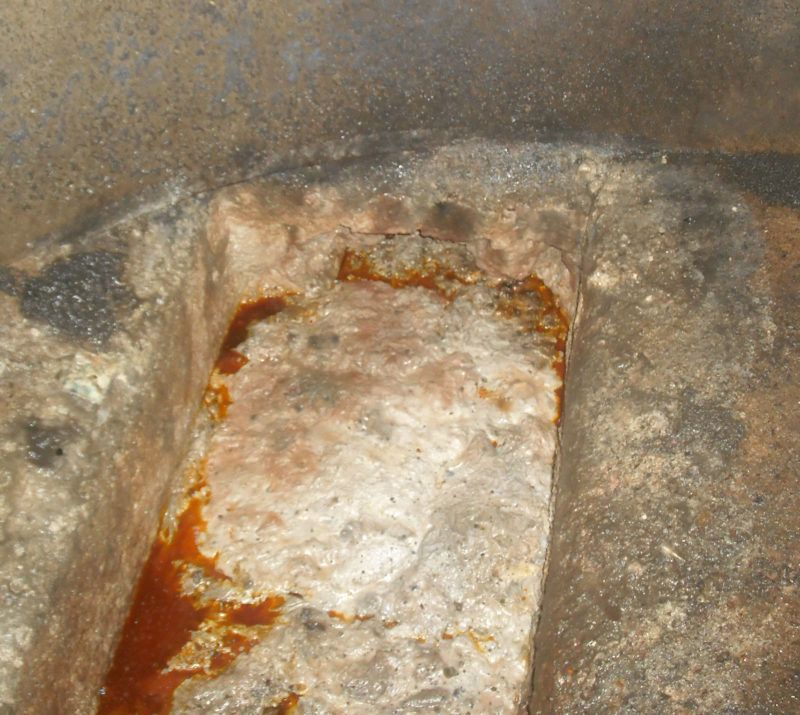Care providers must tackle the hidden threats to reputation and service

Care providers are becoming increasingly aware that they must tackle the hidden risks to their businesses that can be lurking out of site underground, says drainage experts Lanes Group.
Often, in the past, maintenance of drainage and sewer systems has been treated as an afterthought, but there are signs this is changing, says the UK’s largest independent provider of pipeline and utilities services.
Martin Mitchell, Southern Business Development Manager for Lanes Group, says care and nursing home owners increasingly realise that drainage problems represent a critical risk to their business.
He added: “As the Government and regulatory bodies have put greater pressure on the care industry to raise standards, not least by tightening inspection procedures, facilities managers and care home owners are seeing the impact poor drainage systems can have.
“A simple blocked drain can cause significant hygiene and business continuity risks, while persistent problems can have a damaging effect on a care home business’s reputation that could be difficult to recover from.”
He said care home providers are responding to the danger, adding: “More are now looking to switch from a reactive to a planned service model, where drainage maintenance is carried out before a problem occurs.
“It’s fair to say large care home groups have been leading this trend, because of the sense in making best use of economies of scale, but many smaller care home providers determined to set high quality standards are also following the same approach.”
Key risks these planned preventative maintenance (PPM) contracts are designed to address include:
- Kitchen grease in sewers. On sites with kitchens that prepare meals for residents or day case clients, grease can build up to cause serious blockages, known as ‘fat bergs’. Some of these, in extreme cases, can be many metres long, causing facilities to close while the fat is removed.
- Blocked sewers and toilets: care homes are at higher risk of miss-use of toilets, with both clients and staff trying to dispose of items down toilets which they should not, causing blockages, either in the toilet, or along a sewer pipe.
- Flooding caused by blocked storm water gulleys: during our increasingly wet winters, blocked surface water drains can cause flooding that is both unsightly, preventing a bad first impression for clients and relatives, and hampers the efficient management of facilities.
Martin Mitchell said: “A significant number of care homes in rural areas are not on the mains sewer system so need effective systems in place for emptying and maintaining septic tanks. If not managed properly, they can cause serious problems, for example leakages, blockages hygiene risks and noxious smells.
“Soakaways should also be checked to see if they are working effectively. If they’re not, there’s a higher risk of flooding.
“Care providers need to carry out a detailed risk assessment of their premises to establish the type and balance of services they require. Given the nature of their estate, some might benefit from a greater proportion of planned maintenance.
“Others might best be served by a smaller planned maintenance component, but being able to call on the right kind of reactive services. It’s important to get this right, to make sure costs are controlled and minimised.”
Lanes Group operates a national network of 23 drainage and utility depots across the UK, providing maintenance and emergency response services for domestic, commercial and public sector customers, including managing £multi-million utility contracts.
The company uses the latest technology, including remote-controlled robot cameras, to inspect drain and sewer pipes, powerful jet vacuumation tankers to clear blockages and clean drains, and trenchless pipe lining techniques to rehabilitate sewers without the need for expensive, time-consuming and disruptive excavation of drainage systems.







